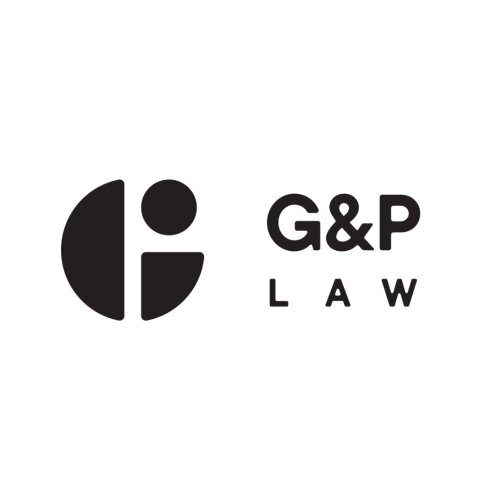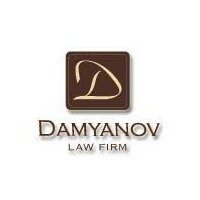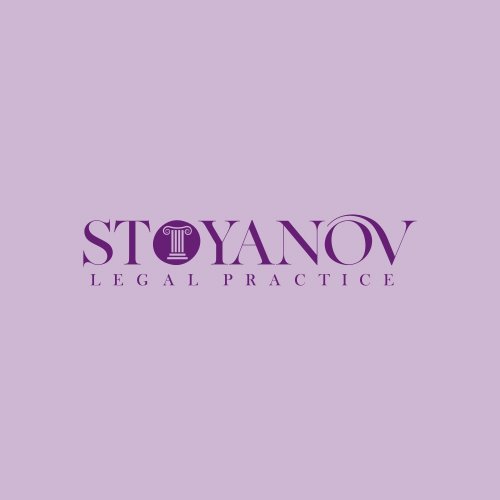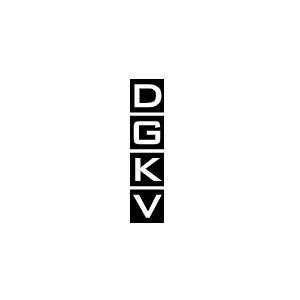Best Employment & Labor Lawyers in Bulgaria
Share your needs with us, get contacted by law firms.
Free. Takes 2 min.
Or refine your search by selecting a city:
List of the best lawyers in Bulgaria
About Employment & Labor Law in Bulgaria
Employment and labor law in Bulgaria govern the rights and obligations of both employers and employees. These laws are designed to protect workers, ensure fair treatment, and establish clear guidelines for employer-employee relationships. Key aspects of Bulgarian employment law include regulations related to employment contracts, working hours, salaries, leave, safety conditions, and dispute resolution. The primary legal framework for these regulations is the Labor Code of Bulgaria, supplemented by various related laws and decrees.
Why You May Need a Lawyer
Engaging with a lawyer in the field of Employment & Labor law may be necessary for various reasons. Typical scenarios include disputes over contracts or salaries, unfair dismissal, discrimination in the workplace, harassment, issues related to workplace safety, or the need for guidance when drafting employment contracts. Lawyers can provide valuable advice, negotiate on your behalf, and represent you in legal proceedings if necessary. Their expertise can help ensure that your rights are protected and that you comply with local labor laws.
Local Laws Overview
Bulgarian labor laws are comprehensive, covering a wide array of employment-related issues:
- Employment Contracts: There are several types of contracts, including permanent, temporary, and fixed-term. Contracts should be in writing and outline specific terms of employment.
- Working Hours: The standard workweek is 40 hours, with specific provisions regarding overtime, night work, and part-time employment.
- Leave: Employees are entitled to various types of leave, including paid annual leave, sick leave, maternity leave, and parental leave.
- Salary: There are regulations regarding the minimum wage, equal pay for equal work, and deductions.
- Dismissal: Legal grounds for termination and procedures must be followed to avoid wrongful dismissal claims.
- Health and Safety: Employers are obliged to provide safe working conditions and adhere to occupational health and safety standards.
Frequently Asked Questions
What is the minimum wage in Bulgaria?
The minimum wage is subject to annual adjustments and is determined by the government. As of recent updates, it is essential to check the Ministry of Labor and Social Policy for current figures.
Are there laws against workplace discrimination?
Yes, Bulgarian law prohibits discrimination based on factors such as race, gender, age, ethnicity, religion, political beliefs, and disability.
What constitutes unfair dismissal?
Unfair dismissal may occur if an employer terminates an employee's contract without just cause or without following legal procedures.
How much vacation leave am I entitled to?
Under Bulgarian law, employees are generally entitled to at least 20 working days of paid annual leave.
Can my employer change my employment contract terms unilaterally?
No, any changes to employment contracts must be agreed upon by both parties, unless specified otherwise in the contract.
Is it legal for my employer to withhold salary?
Salaries must be paid regularly as per the employment contract. Unlawful withholding can be challenged legally.
What are my rights if I am injured at work?
Employees are entitled to compensation for work-related injuries, and employers must report incidents and adhere to safety regulations.
Can I work more than 40 hours a week?
Yes, but work beyond 40 hours qualifies as overtime, which must be compensated in accordance with the law.
Are there specific laws for maternity leave?
Yes, expectant and new mothers are entitled to maternity leave and benefits, typically including 410 days of paid leave related to childbirth.
Who oversees labor law compliance in Bulgaria?
The General Labor Inspectorate Executive Agency ensures compliance with labor laws and investigates violations.
Additional Resources
For more information and assistance, consider the following resources:
- Ministry of Labor and Social Policy - responsible for labor policies and legislation.
- General Labor Inspectorate Executive Agency - for reporting violations and seeking guidance.
- Trade Unions - provide support and advocacy for employees.
- Legal Aid Bureau - offers legal assistance to those unable to afford it.
Next Steps
If you need legal assistance in Employment & Labor matters, consider these steps:
- Document all relevant information and gather any evidence related to your situation.
- Seek legal advice from a qualified Employment & Labor lawyer in Bulgaria who understands local laws.
- Contact government agencies or organizations for guidance or to file complaints if necessary.
- Engage in mediation or negotiation as a first step before considering litigation.
- Consider joining a trade union for ongoing support and advocacy.
Lawzana helps you find the best lawyers and law firms in Bulgaria through a curated and pre-screened list of qualified legal professionals. Our platform offers rankings and detailed profiles of attorneys and law firms, allowing you to compare based on practice areas, including Employment & Labor, experience, and client feedback.
Each profile includes a description of the firm's areas of practice, client reviews, team members and partners, year of establishment, spoken languages, office locations, contact information, social media presence, and any published articles or resources. Most firms on our platform speak English and are experienced in both local and international legal matters.
Get a quote from top-rated law firms in Bulgaria — quickly, securely, and without unnecessary hassle.
Disclaimer:
The information provided on this page is for general informational purposes only and does not constitute legal advice. While we strive to ensure the accuracy and relevance of the content, legal information may change over time, and interpretations of the law can vary. You should always consult with a qualified legal professional for advice specific to your situation.
We disclaim all liability for actions taken or not taken based on the content of this page. If you believe any information is incorrect or outdated, please contact us, and we will review and update it where appropriate.
Browse employment & labor law firms by service in Bulgaria
Bulgaria Attorneys in related practice areas.
Browse employment & labor law firms by city in Bulgaria
Refine your search by selecting a city.















